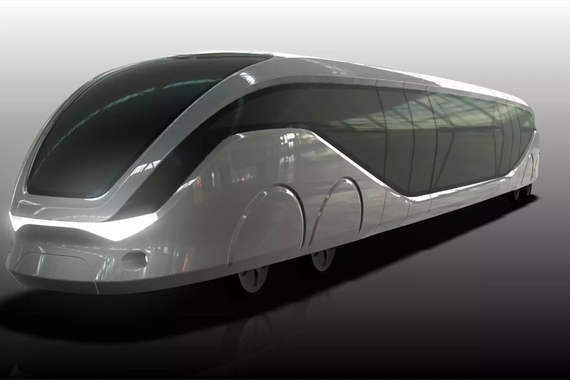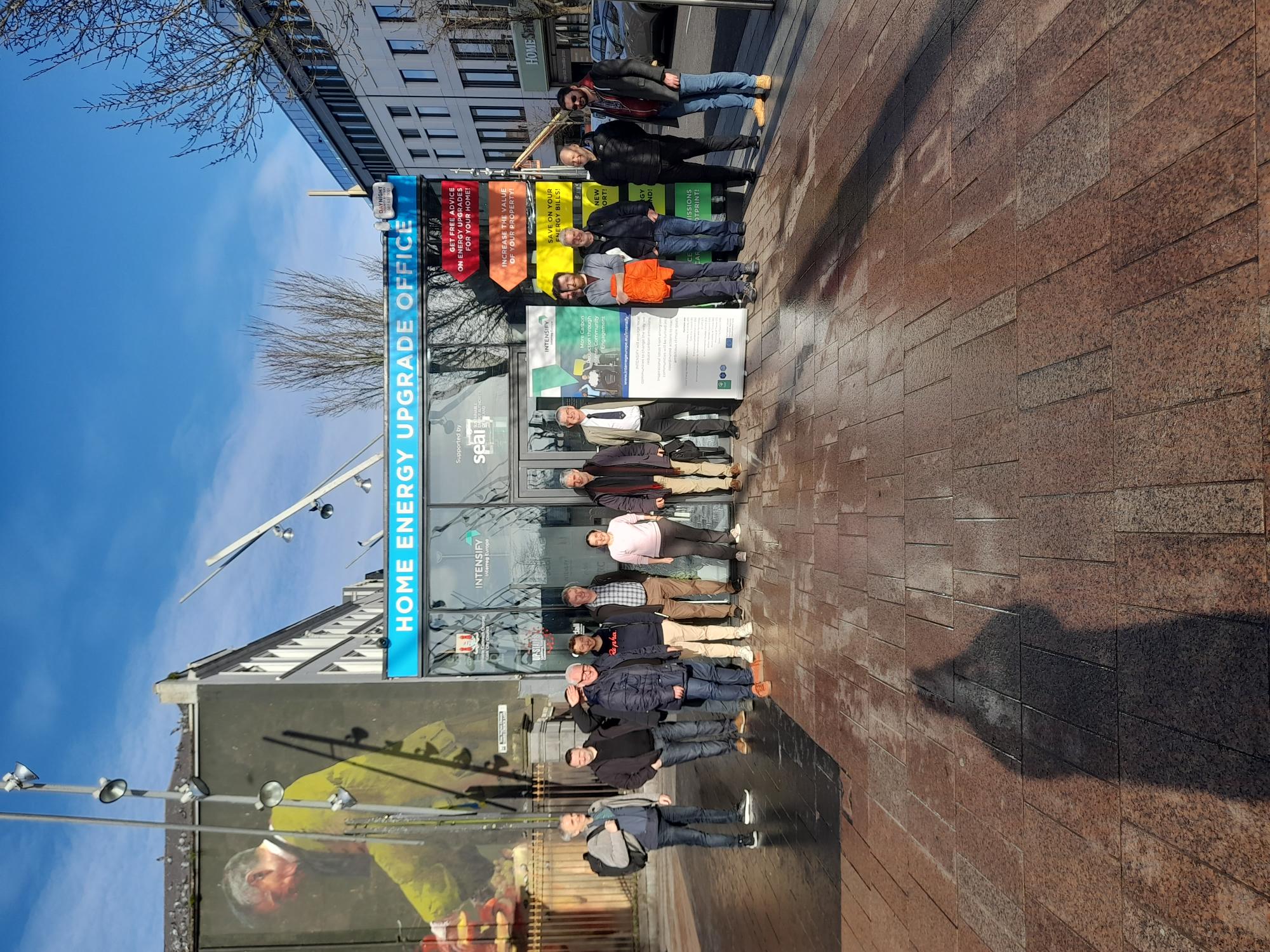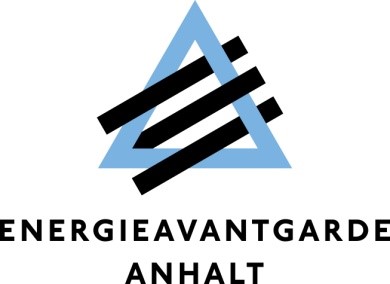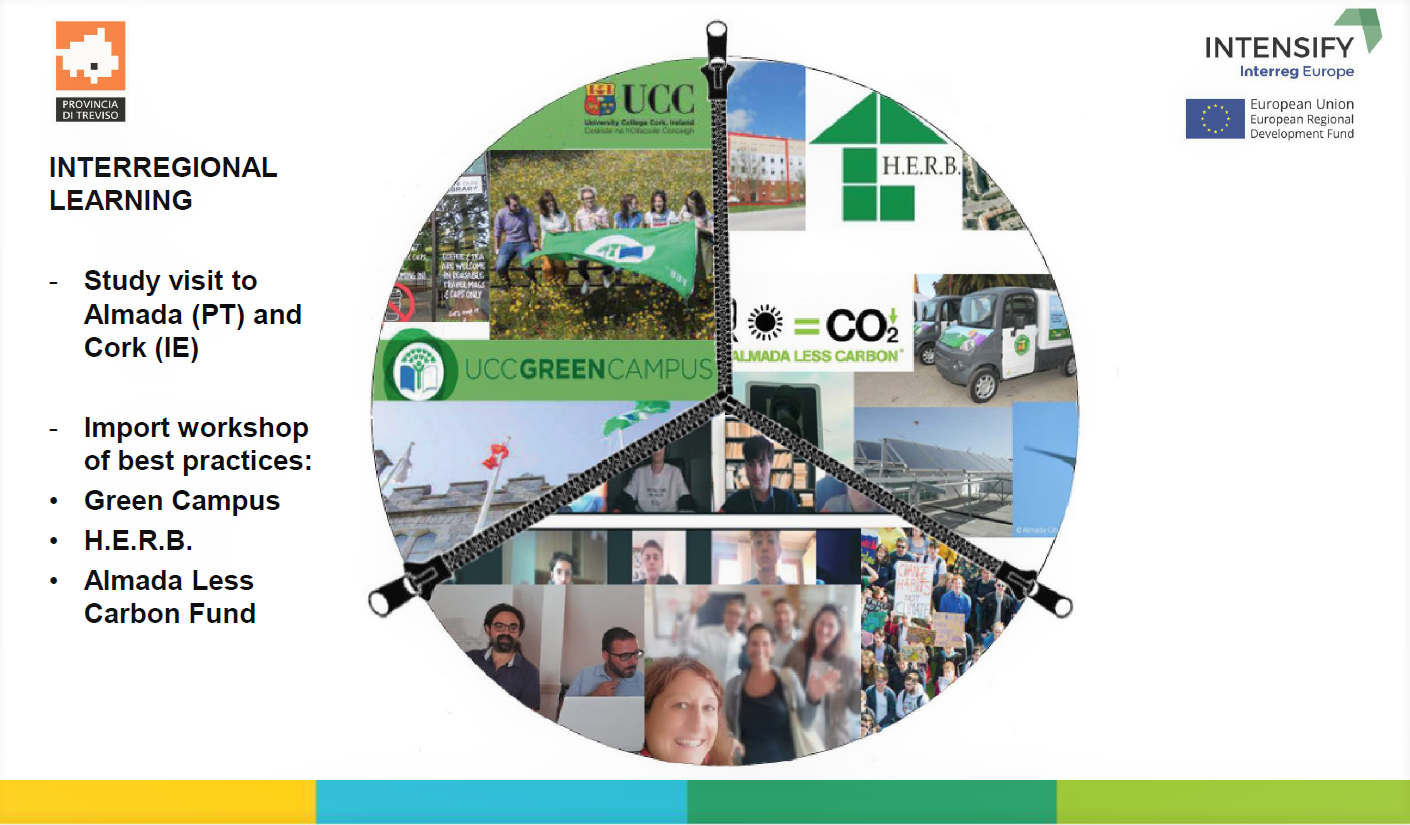Over the next few months, the Vitoria-Gasteiz City Council will define, together with companies, industries and agents from the industrial estates of the municipality, the specific mobility plan to improve the sustainability of trips, accesses, parking management. It will also include the challenges and needs of companies and the employees who travel to the industrial areas on a daily basis.
The current model of mobility has important impacts that affect both the welfare and quality of life of workers, and they are often externalized from the economic balance. The majority of administrations and companies continue to consider commuting to work as a private matter to be resolved by each individual. However, the environmental, social and economic costs of everyday mobility require that this issue should be tackled decisively with the involvement of all actors. The task of promoting modal shift in commuting must be driven inclusive and sustainable,
"The aim is to optimise the mobility associated with these large work centres through sustainability criteria; as 87% of the workers live in Vitoria-Gasteiz and the vast majority of them travel to their corresponding centre in a private vehicle”, according to the Mayor of Vitoria-Gasteiz Gorka Urtaran.
“If we take into account that there are more than 30,000 people working in the industrial estates, in a municipality of almost 250,000 inhabitants, the weight of this labour mobility over the total mobility of the city is remarkable. We want to respond to the needs and demands that we have been facing and we want to do this within the shared strategies of the city, marked by the challenges of ecological transition, the fight against climate change and the objectives of sustainable development.”
Vitoria-Gasteiz has been awarded the European Green Capital for their commitment to the environment.
For more information visit:






